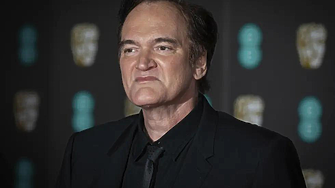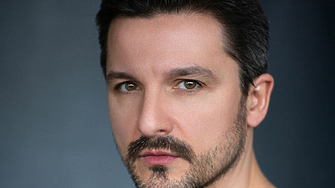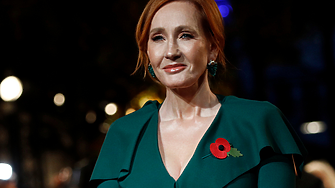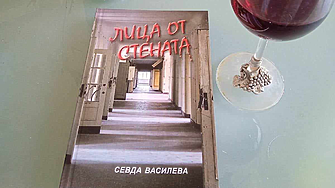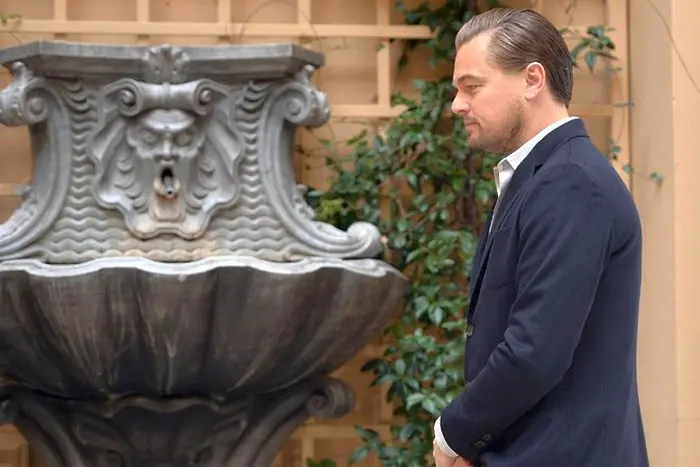
Британската кралица Елизабет II за пръв път коментира, макар и заобиколно, Брекзит и евентуалното излизане на Великобритания от Европейския съюз.
Кралицата, която по традиция се изказва само по най-важните политически теми и се стреми да е неутрална дори когато го прави, има право на вето над всеки закон и решение на парламента. Потенциално тя би могла да блокира решение Великобритания да излезе от ЕС - което именно британският парламент трябва да вземе, тъй като референдумът, на който 51,9% от британци гласуваха за излизане, не е законово задължаващ.
Ето и изказването на Елизабет II:
"Обединеното кралство винаги е било тясно свързано със своя континент. Дори когато основният ни фокусе бил в друг кра на света, нашият народ игра централна роля в Европа. През 19 век в Руската империя един уелски инженер на име Джон Хюс основава миньорския град, който днес е Донецк в Украйна. А през 17 в. шотландският бирник Ричард Кант мести семейството си в Померания; неговият син се премества още по на изток в Мемел, а неговият дядо се мести на юг в Кьонигсберг, където се ражда правнука на Ричард - Имануел Кант."
The Queen hints at desire for Britain to remain in European Union
Read more
In a single paragraph – indeed with that single tiny word “its” – she made it plain that a United Kingdom which stood alone from Europe was unimaginable. She could have said the continent – the us-and-them formulation preferred by Ukippers – but she opted for “its”, not I assume out of a sense of ownership but because we are an archipelago lurking off the north-west coast of a greater land mass. No man is an island, or even a collection of islands.
Her two examples are intriguing. I certainly had no idea that a Welshman founded the troubled city of Donetsk. In citing that mildly esoteric fact, she is subtly reminding us that Ukraine, too, is part of our history; their problems – and their relationship with Russia – should concern us.
The fact about Kant’s antecedents is even more obscure, and presumably included to make the point that Europe’s intellectual history is an amalgam of many elements, the whole greater than the sum of its parts. As with her intervention in the Scottish referendum, she is confronting nationalism, and standing up for the idea of a community of nations and ethnicities.
The Faragists, the Tory Euro-obsessives and little Britishers everywhere will hate this. Palace officials are denying that the speech was an attempt to influence the outcome of the referendum likely in 2017, but there can surely be no doubt that the Queen wants the UK to remain at the heart of European decision-making.
Her age may be the key factor here. She was 13 when the second world war broke out, and her formative years were spent first in the midst of that conflict and then in the shadow of the cold war. “In our lives, we have seen the worst but also the best of our continent,” she concluded in Berlin. “We have witnessed how quickly things can change for the better. But we know that we must work hard to maintain the benefits of the post-war world. We know that division in Europe is dangerous and that we must guard against it in the west as well as in the east of our continent.”
Amid our fallings-out in present-day Europe – serious ones over how to deal with migration, comic ones over the shape of bananas – we forget that the “European project”, to use that mind-numbing term, was born of a determination never again to let the continent become a battlefield.
In the year of the bicentenary of Waterloo, the centenary of the second battle of Ypres – when gas was used for the first time on the western front – and the 70th anniversary of the end of the second world war, the Queen has done us a considerable favour by reminding us of the high-minded origins of the EU. Yes, it was established as a common trading bloc, but its underlying purpose was always greater than that: to foster cooperation, to keep the peace, to mould an organisation capable of making a difference in the world.
The European project was born of a determination never again to let the continent become a battlefield
The pettiness of much of the debate over Europe, in the UK at least, in the past 25 years has damaged perceptions of it. The political talk has all been about the size of our rebate, the opt-outs we should strive for, the way we might evade our obligations on the free movement of labour. The naysayers have been in the ascendant; the supporters have too often been cowed, unable or unwilling to articulate the big-picture benefits. There has, one might say, been more cant than Kant.
Подкрепете ни
Уважаеми читатели, вие сте тук и днес, за да научите новините от България и света, и да прочетете актуални анализи и коментари от „Клуб Z“. Ние се обръщаме към вас с молба – имаме нужда от вашата подкрепа, за да продължим. Вече години вие, читателите ни в 97 държави на всички континенти по света, отваряте всеки ден страницата ни в интернет в търсене на истинска, независима и качествена журналистика. Вие можете да допринесете за нашия стремеж към истината, неприкривана от финансови зависимости. Можете да помогнете единственият поръчител на съдържание да сте вие – читателите.
Подкрепете ни

